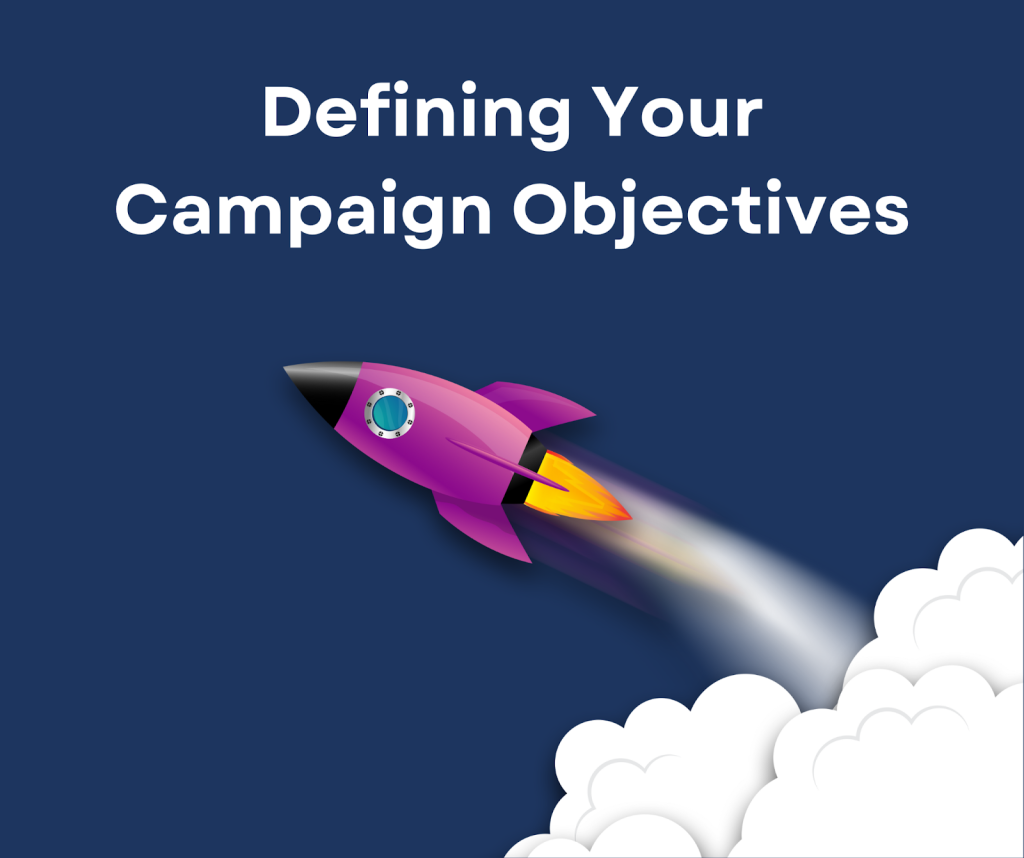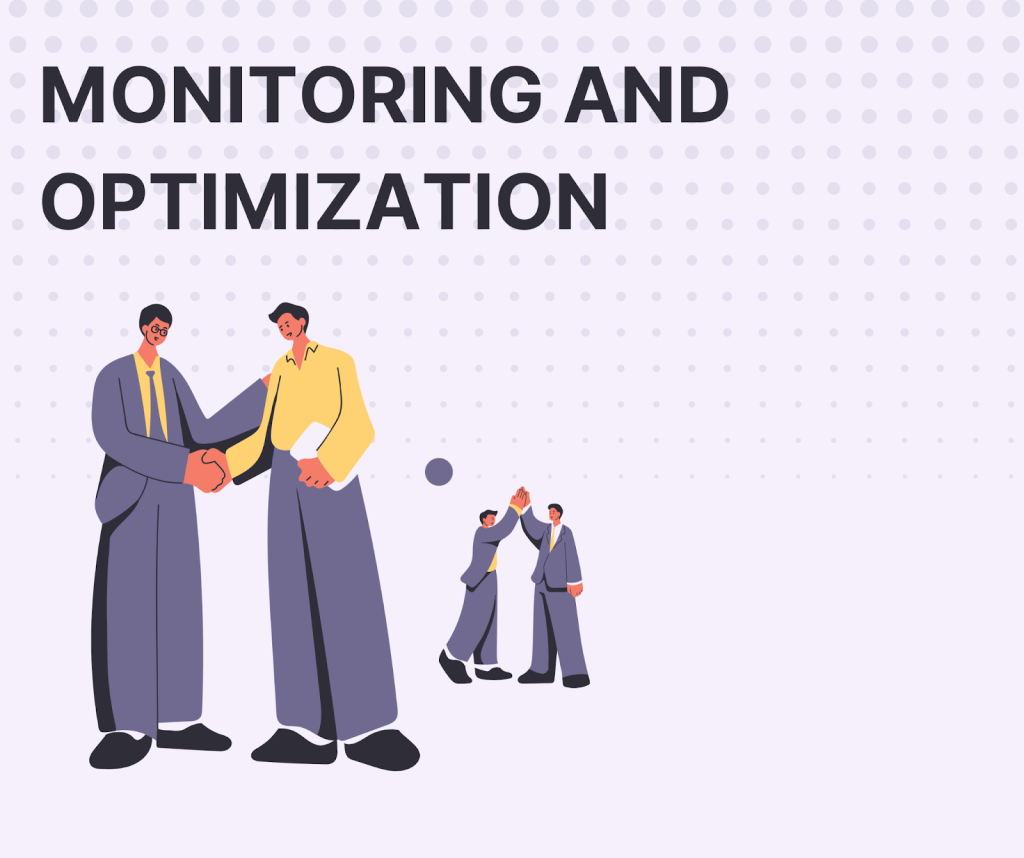The Right Ads Management Facebook Campaign Strategies Will Dominate Your Industry

Introduction
Importance of effective Facebook ad management Services for industry domination
Businesses are continually looking for methods to get an advantage and rule their sector.Facebook advertising is one potent strategy that has demonstrated to be crucial for establishing industry dominance. We at SEOInventiv are the best facebook advertising agency and aware that managing Facebook advertising involves more than just generating and releasing advertisements. It’s a thorough approach that calls for knowledge, research, and ongoing optimization.
Facebook provides companies with an unrivaled opportunity to contact and interact with their intended demographic thanks to its sizable user base and powerful targeting tools. You have access to a number of advantages. In order to comprehend your industry’s landscape and grasp your rivals’ plans, their team will first carry out extensive study and analysis. Armed with this information, they will create a personalised strategy that will surpass your rivals and position your company as in the industry
Understanding Your Industry

Researching Your Industry Landscape
Researching the environment in which your company works in great detail is essential if you want to rule your sector. This study offers insightful information that might direct your Facebook ad management services. Consider the following important factors while performing industry research:
1. Identify Competitors: To start, list your primary rivals. Look at businesses that cater to the same market and provide comparable goods or services. Examine their use of social media, advertising tactics, and general market position.
2. Evaluate the advertising tactics of rivals: Examine the advertising tactics of your rivals, especially their Facebook ad efforts. Examine the sorts of advertisements they employ, the messages they provide, and the audience segments they target. You may use this research to pinpoint areas where your rivals may have an advantage.
3. Market Trend Analysis: Keep up with the most recent trends and advancements in your business. To learn about consumer behaviour, new technology, and shifting tastes, read industry studies, news stories, and market analysis. With this information, you’ll be able to match Facebook ad campaigns with market trends, ensuring that your advertising stays current and effective.
4. Recognise Customer Preferences: Acquire a thorough comprehension of the preferences, problems, and motivations of your target market. To obtain firsthand information, do surveys, interviews, and focus groups. Use Facebook’s analytics and audience insights tools to learn more about the demographics, interests, and online habits of your target market. You may use this information to adapt your advertising initiatives so they successfully connect with your target audience.
5.Examine effective Ad Campaigns: Examine Facebook ad campaigns that have been effective in your sector, stepping outside of the realm of your immediate rivals. Identify recurring components, approaches, and techniques that have worked well. To design your own successful campaigns, take inspiration from these examples and implement the finest strategies.
6. Keep an Eye on Industry legislation: Keep abreast of any legislation or compliance standards that may have an influence on your Facebook ad efforts. To preserve a positive brand reputation, make sure your advertising practises comply with moral and legal standards.
Defining Your Campaign Objectives

Setting Specific and Measurable Goals
These objectives aid in maintaining focus, provide direction for your advertising activities, and offer a means of gauging their effectiveness. When establishing objectives for your Facebook advertising, keep the following things in mind:
1. Be Particular: What you hope to accomplish with your Facebook advertising should be made very clear. Instead than aiming for broad or ambiguous objectives, focus on precise results. Instead of setting a general goal like “increase brand awareness,” for instance, try “increase the number of followers on our Facebook page by 20% within three months.”
2. Make it Measurable: Your goals should be quantifiable so that you can monitor your development and assess if you’ve succeeded in achieving them. Select metrics or key performance indicators (KPIs) that are unique to your objectives. For instance, you can decide to aim for a 5% click-through rate (CTR) or 100 leads each month.
3. Take Time into Account: Establish a reasonable timetable for completing your goals. Consider your budget, the intricacy of your goals, and the length of your advertising campaigns. Put a deadline on your goals, such “increase website conversions by 10% within the next quarter.”
4. Align with Business aims: Ensure that the aims of your ads management facebook line up with your larger corporate goals. Think about how your advertising initiatives help your company develop overall, such as by boosting sales, growing your market share, or introducing a new product. This alignment makes sure your Facebook advertising have a significant influence on the success of your company.
5. Break it Down: If your ultimate objective is grandiose or complicated, divide it up into more manageable steps. This strategy makes it simpler to monitor your advancement, spot potential for development, and keep motivated throughout your campaigns.
6. Be Realistic: While it’s crucial to aim high, be sure your objectives are doable given the resources and skills you have at your disposal. Setting impossible standards might cause disillusionment and resentment. Based on your prior performance, industry benchmarks, and the present situation, set difficult yet attainable goals.
7. Analyze and Adjust: As your Facebook ad campaigns advance, periodically analyze and evaluate your goals. If necessary, make modifications in light of fresh information, market modifications, or changes in your company’s goals. Being adaptable enables you to maximize the effectiveness of your marketing.
Crafting Compelling Advertisements
Understanding the Various Facebook Ad Formats Available: Making Catchy Headlines and Images, Including Persuasive Messages, and Including Calls to Action
Understanding the various ad kinds available can help you execute effective Facebook advertising campaigns. Facebook provides a variety of formats, each with its own advantages and capabilities, including photographs, videos, carousels, and slideshows. It’s crucial to select the correct format for your campaign’s objectives.
You need eye-catching headlines and images in order to make your advertisements stand out and attract viewers’ attention. Create attention-grabbing headlines that rapidly grab consumers’ attention and succinctly explain the value of your offering. Make use of compelling, high-quality images or films that reflect your brand and arouse emotions.
Your commercials should have messaging that is convincing and persuasive. Make sure your message relates to the requirements and aspirations of your target audience while emphasising the benefits and special selling factors of your item. To urge viewers to act, use persuasive language and strategies like exclusivity or social evidence.
It’s essential to include straightforward calls-to-action (CTAs) in your advertisements. A call to action (CTA) encourages users to perform the wanted activity, such as visiting your website, buying something, or subscribing to a newsletter. Make sure your CTAs are clear, simple, and persuasive. Use words that inspire action and a sense of enthusiasm or urgency.
Budgeting and Bid Strategy: Maximizing Impact and Optimizing Campaign Performance
Proper scheduling and bid methods are essential for managing profitable Facebook ad campaigns. You may increase the effectiveness of your campaigns and improve their performance by setting aside the right amount of money, making good use of Facebook’s ad auction system, and putting bid tactics in reality. Let’s explore these elements in more detail:
A. Setting the proper Budget for Maximum Impact: The key to making sure that your advertising are seen by the intended audience and produce results is to set the proper budget. Take into account the objectives of your campaign, the size of your target market, and the level of industry competition. Set aside money that will allow for sufficient reach and regularity while also taking the possible return on investment (ROI) into account. Keep an eye on the efficacy of your ads often, and shift your budget appropriately.
B. Making Use of Facebook’s Ad Auction System: Which advertisements are seen and at what cost are chosen by Facebook’s ad auction system. Your bidding strategy may be improved by being aware of how it operates. Your ad’s placement and pricing are influenced by variables including bid amount, relevance score, anticipated action rates, and ad quality. To make your ad more competitive and cost-effective, focus on enhancing relevancy and engagement. Review the effectiveness of your ads frequently and make needed changes to your targeting, creative, and bidding strategies.
C. Applying Bid Strategies to Optimise Campaign Performance: Facebook provides a number of bid strategies to assist you in achieving your campaign goals. Manual bidding, automated bidding, and optimised bidding for particular activities or conversions are available options.
Monitoring and Optimization: Tracking Performance, Analyzing Metrics, and A/B Testing for Success

Monitoring and ad optimisation are crucial for operating successful Facebook ad campaigns and getting the best results. What you need to know in plainer language is as follows:
A. Monitoring Ad Performance with Facebook advertising: Facebook ad management services that enables you to monitor the effectiveness of your advertising. It provides you with useful insights into crucial data like the number of individuals who have seen your advertisements, clicked on them, and took action—such as making a purchase or signing up—on them. You can identify which advertising are effective, which audiences are reacting favourably, and where adjustments might be needed by frequently reviewing these analytics.
B. Metric Analysis and Data-Driven Decision Making: Making wise selections requires careful analysis of the data from your advertising activities. Consider data such as how frequently people click on your advertising, how many of those clicks really result in the desired action, how much it costs you to acquire a new client, and how much return you are receiving on your ad spend rather than focusing only on basic statistics. Understanding these indicators will enable you to see patterns, pinpoint areas for development, and take better informed decisions to improve the performance of your efforts.
C. Using A/B Testing to Improve and Fine-Tune Campaign Performance: A/B testing involves experimenting with several versions of your adverts to see which ones perform the best. You can evaluate elements like phrasing.
Keep in mind that optimisation and monitoring are continual procedures. To keep becoming better, it’s critical to frequently evaluate how your advertising are performing, tweak your tactics, and test out fresh concepts.
Remarketing and Retargeting Strategies: Maximizing Conversions and Engagement

Remarketing and retargeting are effective techniques that may greatly increase the effectiveness of your Facebook advertising campaigns. You may boost conversions and engage with your target audience more successfully by utilising Facebook’s remarketing features, developing customised ad campaigns for people who have interacted with your business, and putting into practise efficient retargeting methods. Let’s examine these techniques in further detail:
A. Making use of Facebook’s Remarketing Features: Facebook has powerful remarketing features that let you target customers who have previously interacted with your brand or visited your website. You may monitor user behaviour and establish audience groups based on particular behaviours, such as seeing product pages or leaving shopping carts, by using the Facebook Pixel or custom audiences. You may remind them by focusing remarketing advertising on these people.
B. Ad Campaigns That Are Customised for Users Who Have Interacted with Your Brand: Remarketing gives you the ability to construct personalised ad campaigns that are created especially for consumers who have expressed interest in your business. This gives you the chance to tailor your offers and messaging depending on their prior encounters. Create advertisements that are targeted to their needs, highlight relevant goods or services, or offer inducements to carry out a desired activity. You can re-engage users and improve conversion rates by providing them with pertinent and customised information.
C. Using Powerful Retargeting Techniques to Boost Conversions: Retargeting entails contacting people who have previously expressed interest in your company or its products but may not have converted.
Finally,
It’s critical to continuously track and improve your Facebook ad efforts. Because of the platform’s flexibility, audience tastes and market dynamics may vary. You may keep a competitive advantage and dominate your market by remaining watchful and adjusting your methods.
I urge you to use the methods described in this manual. Use Facebook’s ad management tools, like those provided by SEOInventiv, to hone your campaigns and dominate your market. You may use smart budgeting and bidding, extensive research, clear goals, attractive content, continual monitoring and optimisation, and strong Facebook ad management Services will establish your company as a leader in your sector.
